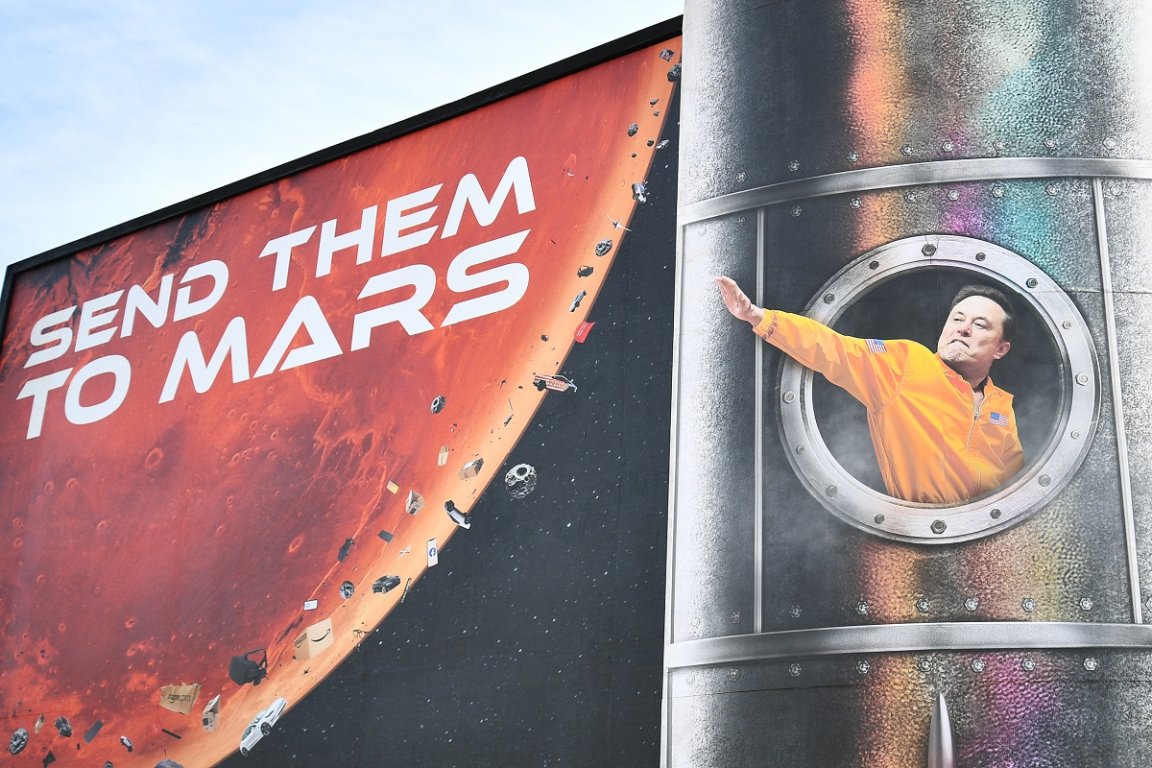
Elon Musk appears to have been caught in a major lie as he tried to take advantage of the very same diversity, equity, and inclusion (DEI) practices that he sought to destroy during his brief tenure in the Trump administration.
As MuskWatch reveals, the billionaire’s brain chip company, Neuralink, claimed in a Small Business Administration filing this past April that it was a “small disadvantaged business,” a designation meant to help give a leg up to companies run by racial and ethnic minorities.
In other words, Musk filed for a DEI designation — and he did so while he and president Donald Trump were actively gutting such protections across the federal government.
That designation is, as MuskWatch notes, only legally allowed under SBA and federal regulations to be claimed by companies majority owned by socially or economically “disadvantaged individuals.” It feels pretty safe to say that the world’s richest man, who is also white, does not fall into that category.
Just a month after that April 24 filing, Neuralink completed a fundraising round that brought its valuation up to a whopping $9 billion dollars — a sum higher than the gross domestic product, per World Bank data, of several small countries put together.
In a statement to CNBC, which also reported on the filing, a Neuralink spokesperson claimed that the company “has never applied for nor received a benefit from the federal government,” and that the “small disadvantaged business” box that was checked on SAM.gov, the federal government’s contracting website, was clicked in error. (Let’s hope they don’t make any comparably minor errors while operating on patient’s brains.)
While MuskWatch confirmed that there’s no indication the brain-computer interface (BCI) company had ever gotten federal funds, even an erroneous check mark could carry legal consequences given that Neuralink CEO Jared Birchall and other executives signed the document under threat of perjury.
In the past, the multi-hyphenate billionaire has cast ample aspersions against so-called DEI initiatives, equating it with racism and calling it “actually illegal” — an extra-ironic choice of words given the potential law-breaking that happened when Neuralink applied for small disadvantaged business status.
More on Musk companies: Waymo Responds to Elon Musk’s “Schlong Map” by Showing That Theirs Is Bigger